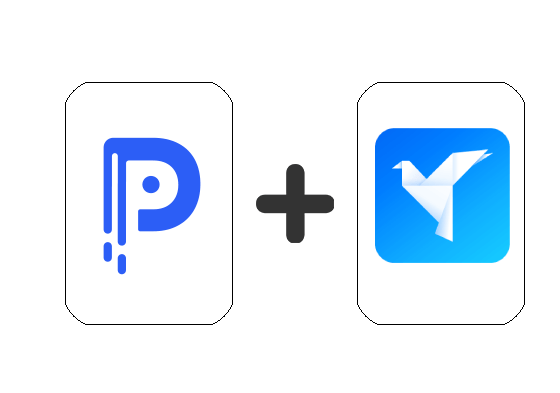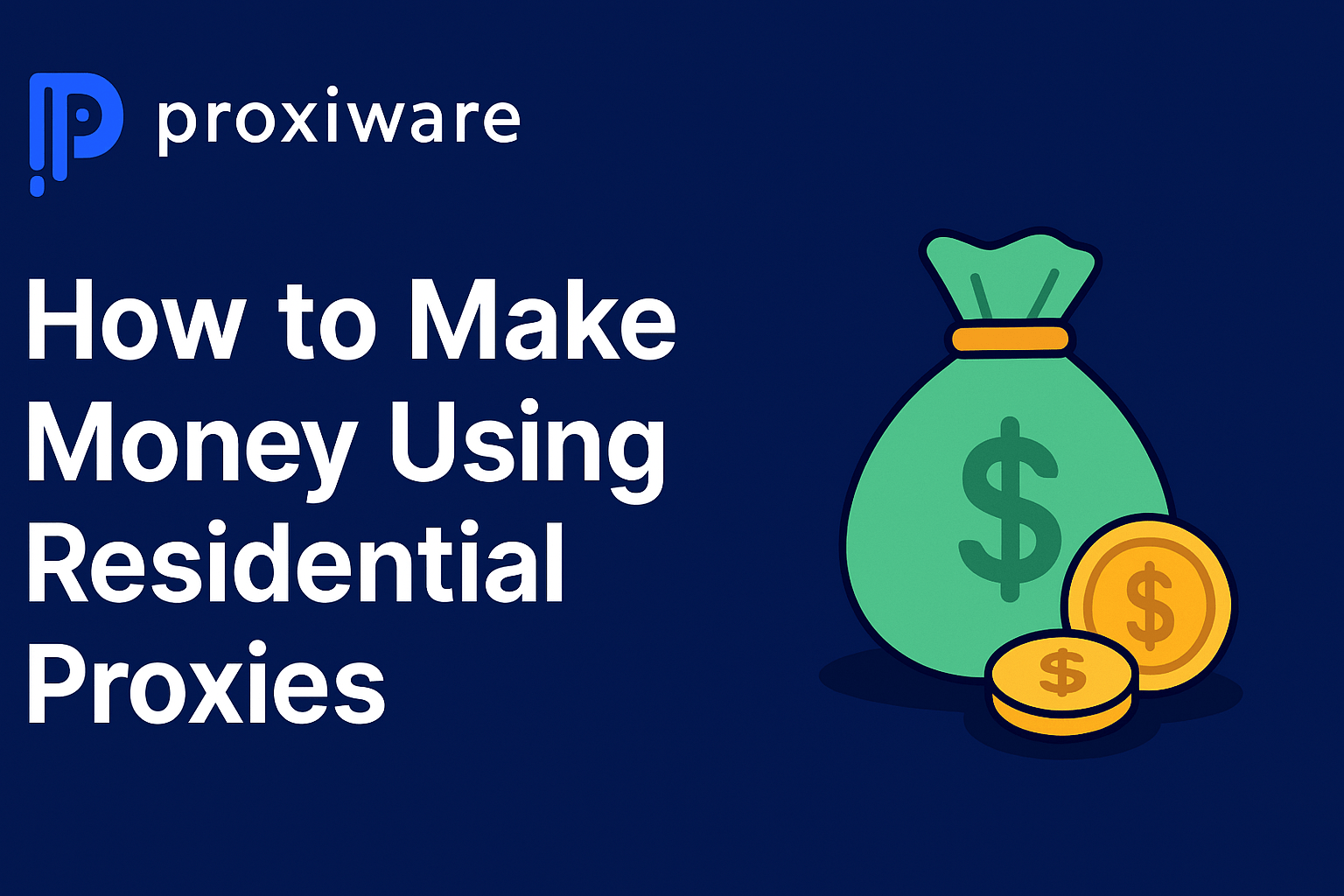HTTP Proxy
HTTP Proxy Proxies are servers that act as intermediaries between the client and the internet, processing requests and enhancing security and privacy. They can help reduce load times and bandwidth by caching pages, filter content, bypass region restrictions, and protect from web threats. They are commonly used in corporate environments and data centers for their various benefits in network performance and security.
What is an HTTP Proxy?
An HTTP Proxy is a server that receives requests from your web browser and then makes those requests on your behalf to the internet. It acts as an intermediary between you and the web content that you are trying to access, which can be beneficial for maintaining privacy, boosting internet speed, or bypassing geographic restrictions.
What is the difference between an HTTP Proxy and a VPN?
An HTTP Proxy server and a VPN (Virtual Private Network) have the same goal: to provide anonymity and privacy when accessing websites on the internet. However, they achieve this in different ways. An HTTP Proxy hides your IP address by acting as an intermediary, forwarding web requests on your behalf. A VPN, on the other hand, encrypts all of your Internet traffic and replaces your IP address, making it more secure and harder to intercept.
Can HTTP Proxies guarantee my complete privacy online?
While HTTP Proxies can provide a level of anonymity and privacy, they do not guarantee complete privacy. HTTP Proxies can hide your IP address, but they do not encrypt your online activity, meaning it could still potentially be viewed by third parties. For complete privacy and security, a VPN that encrypts all of your online data is recommended.






